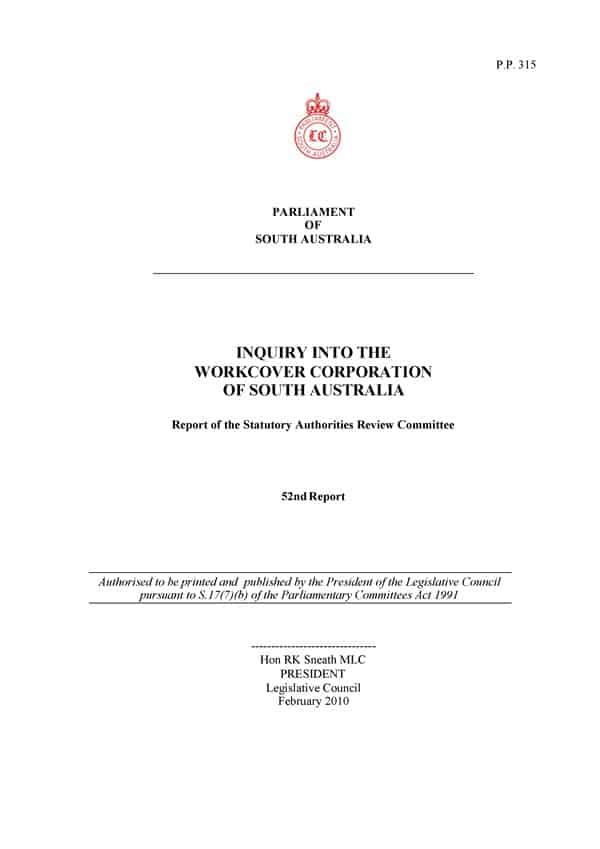Information is trickling out about Paul Quinlivan’s decision to repeatedly not wear PPE. A common reason for workers to not wear personal protective equipment is that it does not suit the individual. Quinlivan says he kept removing his goggles because they kept fogging up.
Goggles must retain their visibility for them to function. Fogging up may indicate that the goggles are the wrong type for the work being undertaken or for that work environment. Frequently business want one type of PPE to be applicable to a range of circumstances and this may not be a reasonable expectation. Continue reading “Unsuitable PPE”


